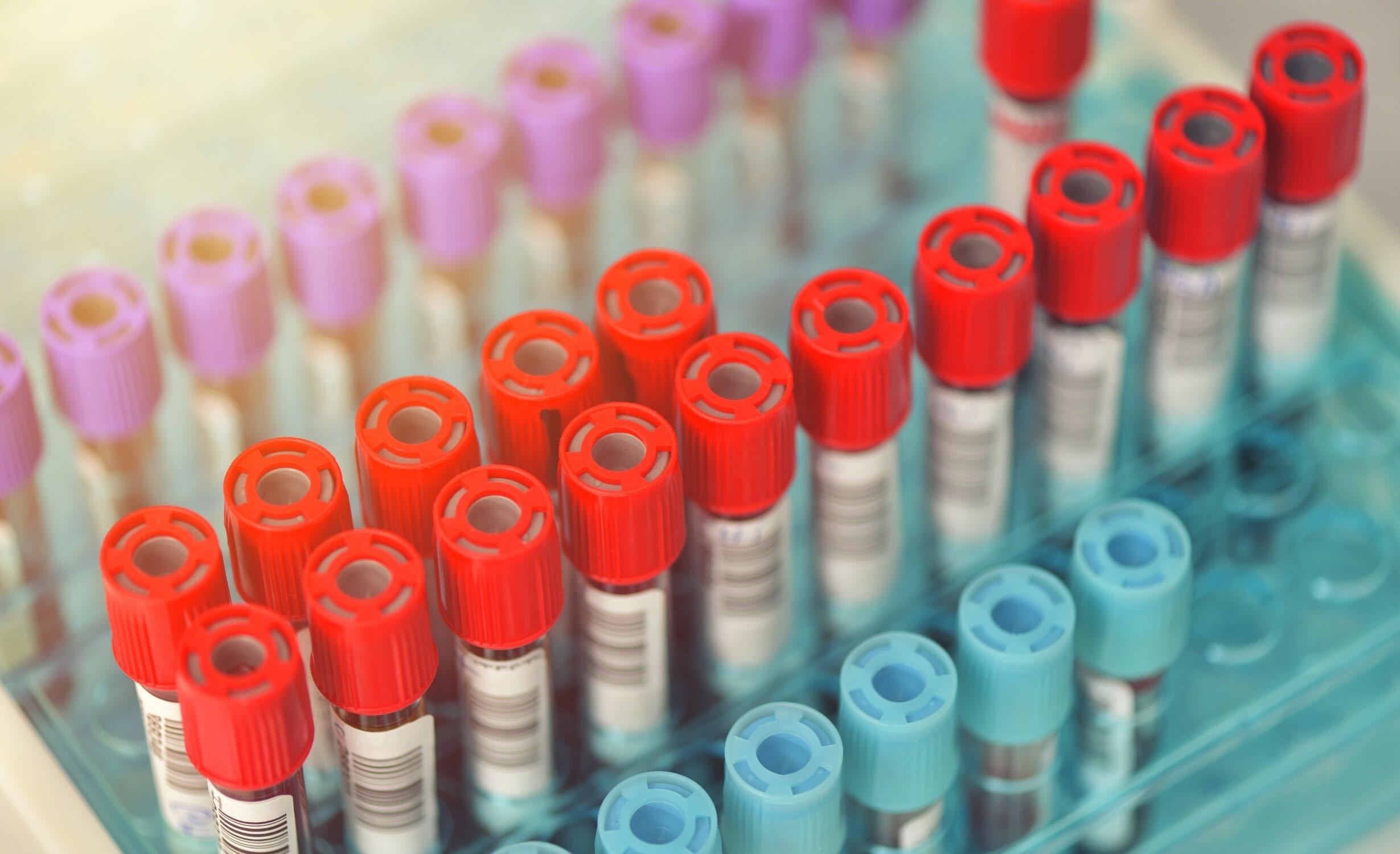The Diseases of Civilization

Key Points:
- Chronic diseases like heart disease, cancer, diabetes, and neurodegenerative disorders are often called "diseases of civilization."
- Our bodies haven't evolved as quickly as our lifestyles, leading to a mismatch between our biology and environment.
- Modern diets, sedentary lifestyles, and environmental factors contribute to the rise of chronic diseases.
- While some aspects of aging are inevitable, early detection and lifestyle changes can help prevent or manage many chronic conditions.
- NiaHealth empowers individuals with biomarker testing to identify risks and take proactive steps towards better health.
The Rise of Chronic Disease: A Modern Epidemic
When we think of chronic illnesses, four main culprits often come to mind: heart disease, cancer, diabetes, and neurodegenerative diseases. But where did these conditions come from, and why are they so prevalent in our modern world?
The term "chronic" itself comes from the Greek word "chronos," meaning time. These long-lasting conditions have become increasingly common, leading many to wonder: Have they always been lurking in the shadows or are they a product of our modern lifestyles?
A Journey Through Time: From Hunter-Gatherers to Office Workers
To understand the origins of chronic disease, we need to take a step back—about 2.5 million years, to be precise. That's when our earliest human ancestors first appeared. Fast forward to about 200,000 years ago, and we see the emergence of Homo sapiens. For most of our species' existence, we lived as hunter-gatherers, with bodies adapted to constant movement and a diet of whole, unprocessed foods.
The agricultural revolution, which began around 12,000 years ago, marked a significant shift in human lifestyle. This was followed by the industrial revolution and, more recently, the digital age. While these advancements have brought numerous benefits, they've also created a stark contrast between our modern environment and the one our bodies evolved to thrive in.
Evolution works slowly, taking thousands of generations to make significant changes. Our rapid societal and technological progress has far outpaced our biological evolution, leaving our Stone Age bodies ill-equipped to handle many aspects of modern life.
Diabetes: When Our Sweet Tooth Betrays Us
One of the most striking examples of this mismatch is our relationship with food. For most of human history, calorie-dense foods were scarce and prized. Our bodies developed mechanisms to store energy efficiently, helping us survive periods of famine.
Fast forward to today, and we're surrounded by an abundance of processed foods designed for long shelf life and intense flavor. These foods often contain high levels of refined sugars and unhealthy fats—substances our bodies aren't well-equipped to process in large quantities.
Consider this: If a food can sit on a shelf for weeks without spoiling, how challenging might it be for our digestive systems to break it down? Our bodies are still optimized for the whole foods our ancestors consumed, not the highly processed options that dominate many modern diets.
Heart Disease: From Active Hunters to Desk Dwellers
Another significant shift in our lifestyle is the dramatic reduction in physical activity. Our ancestors might have walked up to 16 kilometers (20,000 steps) a day while hunting and gathering. In contrast, the average office worker today takes only about 3,000 steps in a typical day.
This sedentary lifestyle has profound effects on our cardiovascular health. Our bodies are designed for movement, with our hearts and blood vessels functioning best when regularly challenged through physical activity. Like a car left unused for years, our cardiovascular system can begin to deteriorate when not regularly "exercised."
Cancer: A Complex Interplay of Factors
While the exact causes of cancer are still being studied, we know that certain environmental factors can increase risk. The rise of industrial pollutants, increased exposure to radiation (including from medical imaging), and lifestyle factors like smoking have all been linked to higher cancer rates.
Cancer occurs when our cells' normal growth and division processes go awry. While our bodies have mechanisms to repair DNA damage and eliminate potentially cancerous cells, these systems can be overwhelmed by the cumulative effects of modern environmental stressors and lifestyle choices.
Neurodegenerative Diseases: The Price of Longevity?
As we've extended our lifespans through medical advances and improved living conditions, we've also seen a rise in neurodegenerative diseases like Alzheimer's and Parkinson's. These conditions may be, in part, a consequence of living beyond our evolutionary "expiration date."
Just as a tree's purpose in nature is fulfilled once it produces fruit, our bodies may not be designed for the extended lifespans we now enjoy. However, this doesn't mean we're powerless against these conditions. Research continues to uncover ways to maintain cognitive health as we age.
Empowering Health in the Modern Age
While our modern lifestyle has brought many chronic health challenges, it has also given us powerful tools to combat them. At NiaHealth, we believe in harnessing the power of advanced biomarker testing to identify early signs of chronic disease risk.
By understanding your unique biological markers, you can make informed decisions about your lifestyle and health choices. This proactive approach allows you to take control of your health, potentially preventing or managing chronic conditions before they become serious problems.
Bridging the Gap Between Our Past and Present
The story of chronic disease is, in many ways, the story of human progress. As we've changed our environment and lifestyles, we’ve increased our life expectancy drastically. But in doing so we've inadvertently created new health challenges. By understanding these challenges and leveraging modern medical knowledge, we can work towards better health outcomes.
At NiaHealth, we're committed to helping you navigate this complex landscape. Through our advanced biomarker testing, we provide you with the insights you need to make informed health decisions. Remember, knowledge is power—especially when it comes to your health.
Are you ready to take a proactive approach to your health? Discover how NiaHealth's biomarker testing can help you understand your unique health profile and take steps towards a healthier future.
Our editorial standards & process
At NiaHealth, our mission is to make proactive health possible for all Canadians—by combining science with humanity. We believe that rigorous, evidence-informed health information should never feel out of reach. Every word we publish is intentional. We choose language that empowers rather than overwhelms, clarifies rather than complicates, and respects the lived experiences behind every health question. Learn more here.


